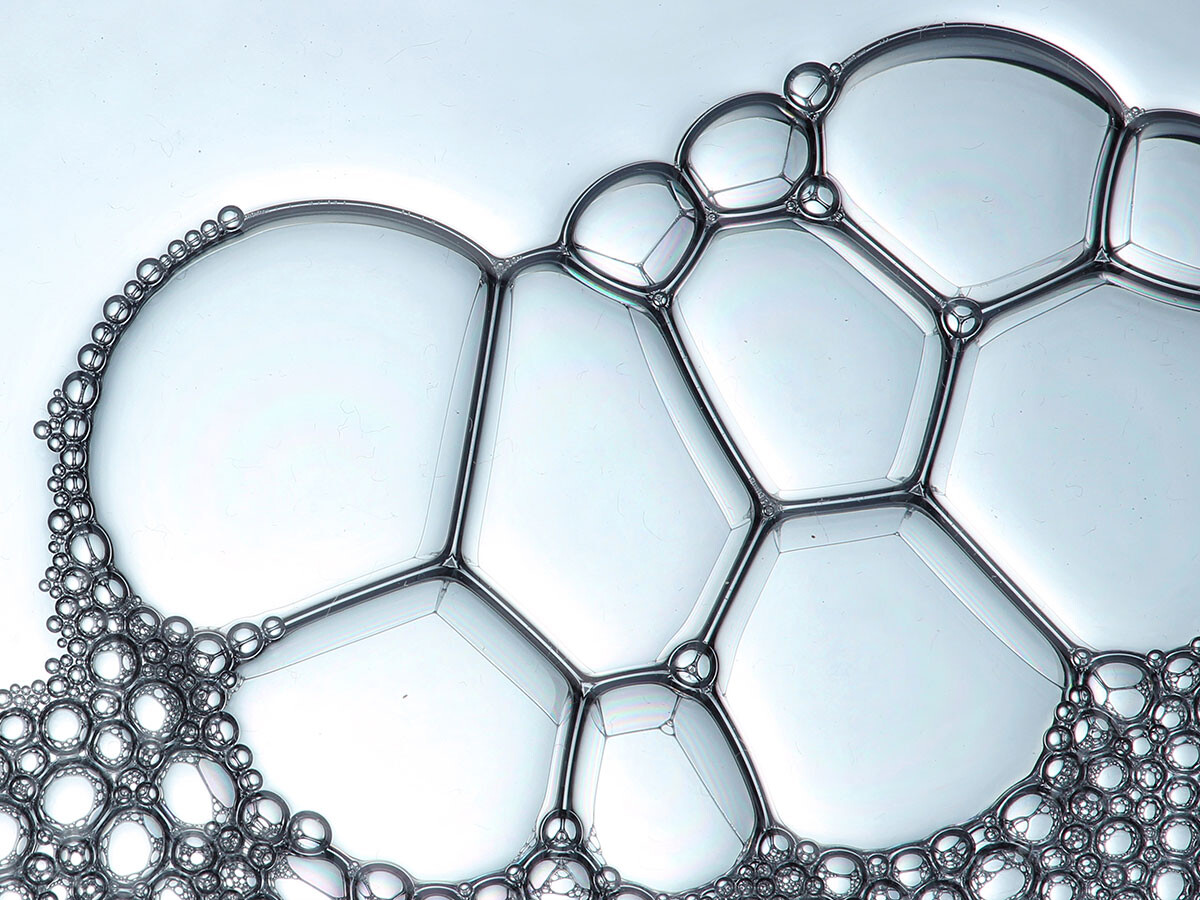The Duty of Defoamers in Enhancing Product High Quality and Performance
Defoamers serve as essential additives that minimize this issue, making sure smoother manufacturing process while boosting the aesthetic and practical features of the final products. The selection of the suitable defoamer can be essential to accomplishing optimal outcomes, increasing essential concerns regarding solution compatibility and efficiency metrics that warrant additional expedition.
Recognizing Defoamers
Recognizing the duty of defoamers is crucial for preserving product top quality across different markets. Defoamers are chemical ingredients developed to decrease and stop the development of foam in liquid systems, which can adversely influence procedures such as blending, loading, and surface area tension. Frothing can lead to ineffectiveness, product defects, and compromised visual allure, making defoamers a crucial component in making procedures.
In industrial applications, defoamers assist to boost item uniformity and stability. The efficient usage of defoamers not only guarantees smoother production processes but likewise contributes to premium item efficiency.
Additionally, the choice and solution of a defoamer need to straighten with details application needs, such as compatibility with various other active ingredients, efficiency under varying temperature and pH problems, and potential regulative restraints. Ultimately, comprehending defoamers' functions and their significance in numerous formulations is critical for enhancing manufacturing and ensuring the finest final result.
Kinds Of Defoamers
Defoamers can be categorized right into several kinds based upon their make-up and device of activity. The main kinds include silicone-based, non-silicone natural, and inorganic defoamers.
Silicone-based defoamers are among one of the most reliable, largely as a result of their ability to spread out swiftly on the liquid surface and interfere with foam development. Their special chemical framework enables premium security, making them suitable for high-temperature applications and environments with differing pH degrees.
Non-silicone natural defoamers, frequently composed of all-natural oils or fatty acids, are valued for their biodegradability and reduced poisoning. These are normally used in food and drink applications where security and ecological impact are paramount.
Inorganic defoamers, that include materials like talc or calcium carbonate, act by raising the thickness of the liquid, consequently decreasing foam security. They are often made use of in industrial processes where compatibility with other products is not a concern.
Each sort of defoamer has distinctive advantages and limitations, enabling for customized remedies depending on the specific lathering issues come across in various applications. Comprehending these distinctions is important for enhancing performance and attaining preferred product quality.
Applications Across Industries
Countless industries leverage defoamers to improve product high quality and functional performance. In the food and drink market, defoamers are crucial in procedures such as brewing and milk production to stop foam development, which can result in ineffectiveness and item disparity. By controlling foam, makers can make sure far better return and an extra consistent product.
In the pharmaceutical industry, defoamers play an important function in the formula of liquid drugs, where excessive foam can restrain blending and precise dosing. Their usage aids maintain the honesty of the formulations and assists in smoother manufacturing procedures.
The paint and finishings market also counts on defoamers to improve the performance of items during application. By lessening foam, these additives make sure a smoother surface and improve the visual qualities of the final item.

Advantages of Making Use Of Defoamers
While the application of defoamers differs throughout sectors, their advantages consistently enhance product top quality and process effectiveness. One substantial advantage is the reduction of foam development during producing processes, which can otherwise result in production delays and inconsistencies in item quality. By lessening foam, defoamers make it possible for a smoother circulation of materials, helping with more effective procedures and reducing the likelihood of devices malfunctions.
Furthermore, making use of defoamers can improve the look and appearance of final products. have a peek here In markets such as layers, paints, and food processing, too much foam can jeopardize the visual aesthetic appeals and overall quality, while the ideal defoamer application ensures a consistent finish and desirable characteristics. Defoamers can add to cost financial savings by lowering waste during manufacturing and optimizing the usage of raw products.

Selecting the Right Defoamer
Choosing the appropriate defoamer is crucial for enhancing production processes and guaranteeing product top quality. The option of defoamer influences not only the efficiency of foam control yet likewise the total efficiency qualities of the end product. Elements to think about consist of the kind of application, the chemistry of the solution, and the ecological conditions under which the item will be used.
Different sectors might need certain defoamer types, such as silicone-based, organic, or polymeric defoamers. Recognizing the compatibility of the defoamer with the primary active ingredients is vital to prevent unfavorable reactions that could endanger product integrity. Furthermore, the defoamer's efficiency in different temperatures and pH levels have to be evaluated to make sure constant performance.
Examining the defoamer in small applications can give useful insights into its performance and find more info suitability. Consideration of governing compliance, specifically in food, pharmaceuticals, and cosmetics, is extremely important in choosing a defoamer. Inevitably, a detailed assessment of these aspects will bring about the selection of a defoamer that not only regulates foam effectively yet also boosts the quality and performance of the last item.
Final Thought

To conclude, defoamers are crucial ingredients that significantly enhance product top quality and efficiency throughout various industries. By efficiently lowering foam formation, these agents not only improve functional performance however also add to the aesthetic and functional honesty of products. The strategic selection and application of defoamers lead to cost savings, optimized resource use, and enhanced client fulfillment. Overall, the relevance of defoamers in industrial procedures can not be overstated, as they play a vital role in attaining consistent and top notch outcomes.
Frothing can lead to ineffectiveness, item flaws, and jeopardized aesthetic charm, making defoamers an important part in making operations.
